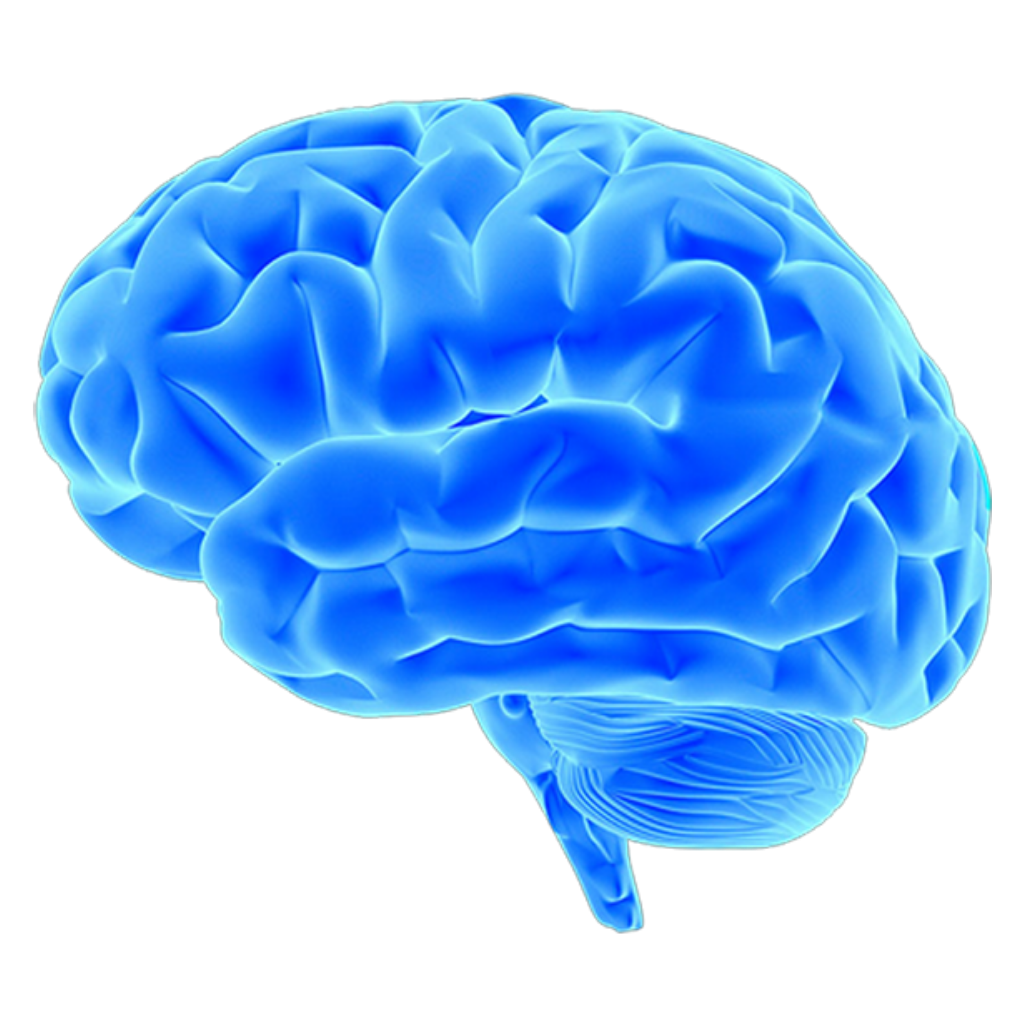In the quest for understanding human existence, the Bahá’í teachings offer profound insights into the nature of the mind, the significance of the brain, and the incessant struggle with addiction. These teachings provide a holistic framework that addresses the cognitive, spiritual, and social dimensions of life, thereby allowing individuals to transcend their challenges, including addiction. But what if our consciousness contains the very struggle that ensnares us? Can the brain both be the origin of our torments and the potential key to liberation?
To delve into this intricate relationship, it is essential to first comprehend the Bahá’í perspective on the human being as a composite of both material and spiritual elements. The brain, a remarkable yet delicate organ, is often perceived merely as a biological machine. However, in the Bahá’í view, it is a tool that houses the soul’s faculties. Bahá’u’lláh elucidates that “The mind, when it is influenced by materialistic concerns, becomes shackled by its own creations.” This leads us to examine how the brain—intimately linked with our emotions and thoughts—can lead to the throes of addiction.
Understanding addiction as a multifaceted disorder is pivotal. The Bahá’í teachings emphasize the necessity of understanding addiction not merely as a physical or chemical dependence but as a profound spiritual malady. This perspective encourages a comprehensive approach that encompasses the emotional, psychological, and societal dimensions. Behaviorally, the individual grappling with addiction might oscillate between states of euphoria and despair, reflecting the chaos within the brain’s reward systems.
The struggle with addiction can be metaphorically likened to navigating a labyrinth, where one confronts a series of choices and consequences. Herein lies a playful question: Is the mind the architect of our downfall or our salvation? This inquiry is particularly relevant considering the Bahá’í premise that the mind’s fabric can be woven anew through conscious effort and the application of divine teachings.
Transitioning from the theoretical to the practical, the Bahá’í teachings advocate for several strategies that can assist individuals in overcoming addiction. Firstly, prayer and meditation are integral components that foster spiritual resilience. Engaging in daily observances cultivates a connection with the divine that offers solace and guidance during turbulent times. As Bahá’ís affirm, “When the heart turns to the Source of all wisdom, light is shed upon the darkness of ignorance, and shadows of doubt dissolve.” Such practices foster clarity in thought, which can undermine the allure of addictive substances.
Moreover, the importance of community support as posited by the Bahá’í teachings cannot be overstated. The community is seen as a microcosm of society, embodying love, compassion, and mutual assistance. Within this space, individuals ensnared by addiction can find camaraderie, encouragement, and uplifting experiences that contribute to their healing journey. Bahá’í communities often engage in service-oriented initiatives that provide fertile ground for individuals seeking redemption through service, ultimately addressing the spiritual void that addiction often exacerbates.
Furthermore, the teachings emphasize the need for education and awareness. Cognitive-behavioral approaches that integrate spiritual principles can be transformative. For instance, the practice of self-reflection encourages individuals to identify the underlying causes of their addictive behaviors. This analytical lens can reveal patterns of thought and behavior that can be modified for greater well-being. Addressing these cognitive distortions allows one to reclaim agency over their life choices.
In stark contrast to the isolation often felt by those struggling with addiction, the Bahá’í teachings promote the significance of social connectivity. It is imperative to foster relationships based on understanding and empathy, which serve as anchors during tumultuous periods. Empirical studies support the notion that social networks play a critical role in addiction recovery; hence, the emphasis on communal bonds in the Bahá’í faith resonates with contemporary findings in the field of psychology.
The path of recovery, as illuminated by Bahá’í teachings, is not devoid of challenges. It necessitates grappling with the multifarious layers of one’s identity while seeking to overcome addiction. As individuals strive for self-realization, they may encounter substantial resistance from both internal and external sources. Yet, it is in the crucible of such struggle that personal growth is fostered. Through resilience and faith, one can transmute anguish into strength.
Ultimately, the challenge lies in reframing the narrative surrounding addiction—seeing it not merely as a limitation but as an opportunity for spiritual development. The Bahá’í writings remind us that “The most wondrous of all is man, who can turn his head to every earthly thing, and when the call of God is sounded, he will pull himself out of every quagmire and obsess on that call.” Thus, the struggle with addiction can lead individuals back to their divine essence, engaging the brain in the pursuit of higher truths and genuine fulfillment.
In conclusion, the intersection of the brain, addiction, and the Bahá’í teachings offers a rich tapestry of understanding and potential redemption. By embracing spiritual practices, fostering community ties, and pursuing self-education, individuals can embark on a transformative journey towards liberation from addiction. In doing so, they not only navigate their challenges but also elevate their consciousness, ultimately fostering a more harmonious existence for themselves and their communities.
